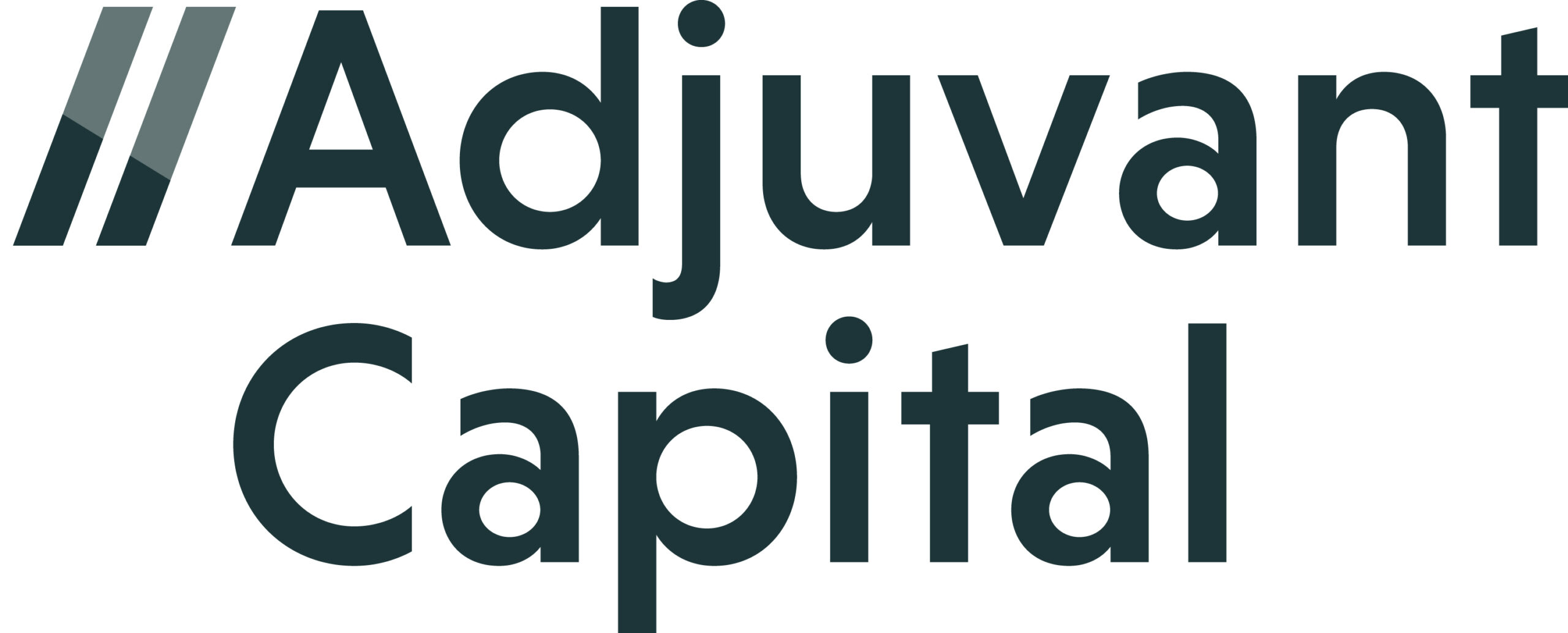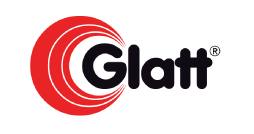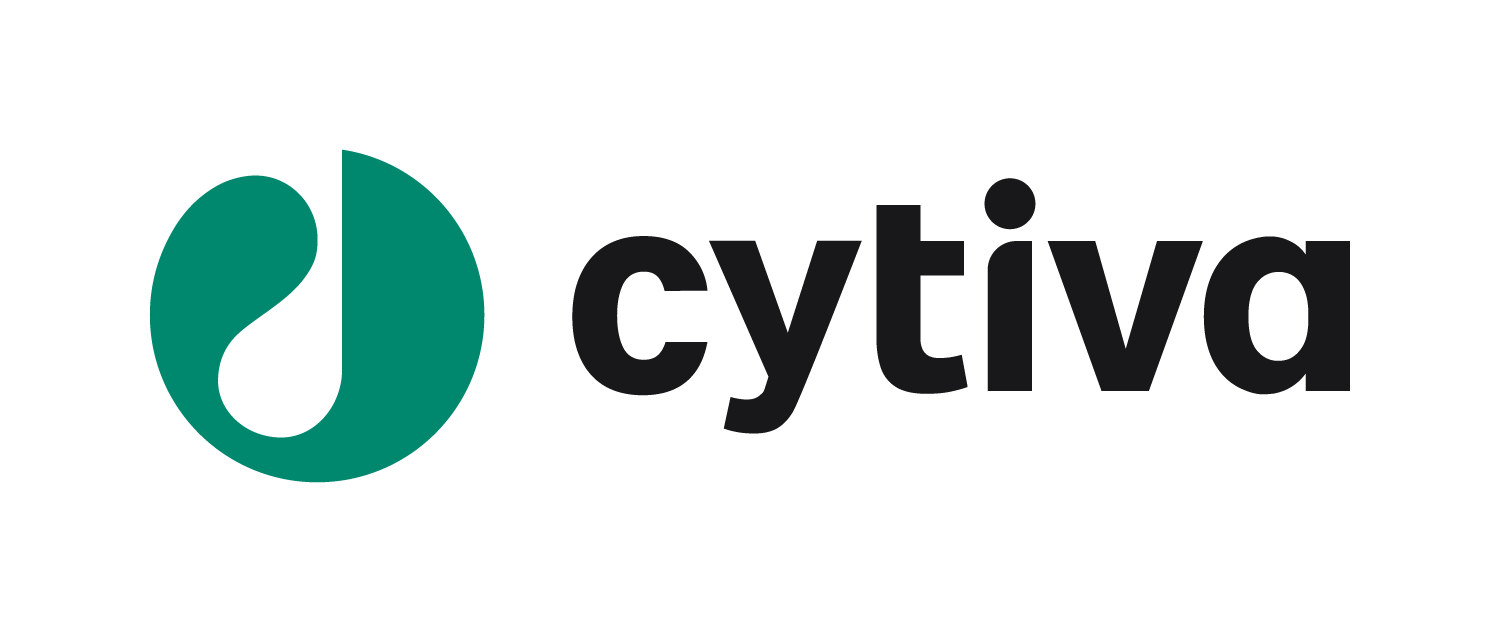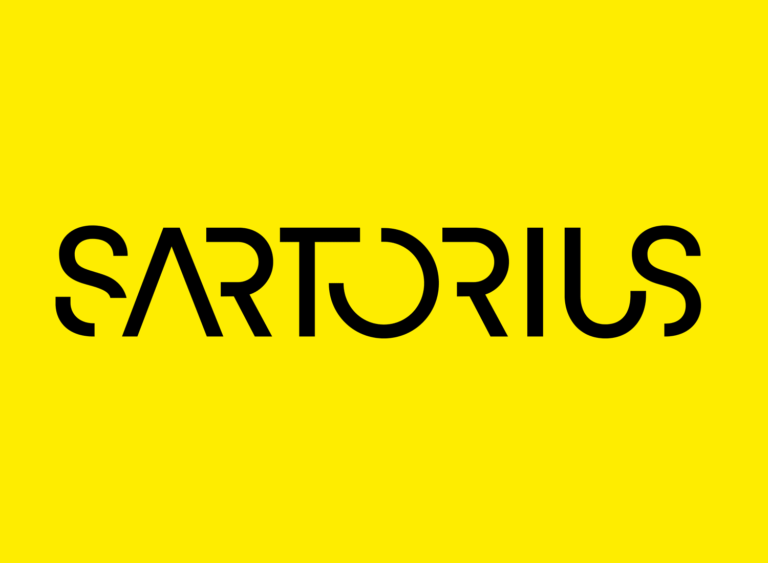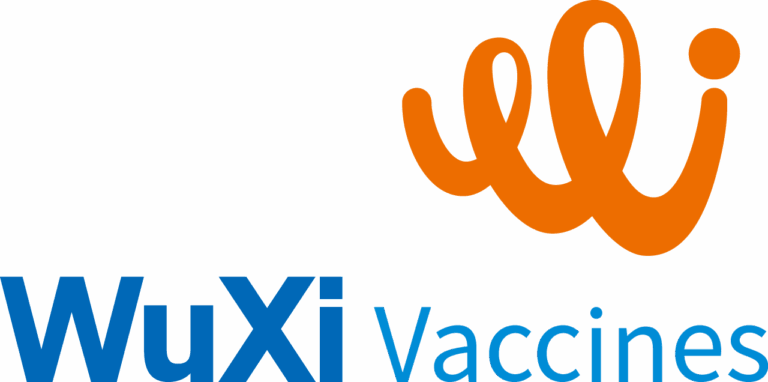Date: August 13th, 2024
Time: 2 PM – 3 PM (CET)
Title: Sunflower Webinar – Benefits of Alternative Hosts in Vaccine Manufacturing: Speed, Cost, and Quality
Proteins are critical components of diverse consumer goods, including vaccines. Newcomers and existing market participants are seeking accessible and agile technologies for protein development and production, but legacy manufacturing operations typically require substantial up-front capital, specialized physical space, and an expert workforce. Here, we describe the advantages of using eukaryotic microbes and continuous manufacturing for protein product development and commercial production.
Eukaryotic microbes, such as Pichia pastoris, enable rapid development cycles, cost-effective manufacturing, and multi-product agility. This is due to their quick doubling times, direct genomic integration of transgenes, ability to cleanly secrete complex proteins, and the low-cost raw materials for their cultivation. Continuous manufacturing also has significant benefits for process development and protein production, including a reduced physical footprint and carbon footprint, lower capital investment and ongoing operational costs, and increased flexibility, productivity and product quality. Sunflower has developed a proprietary technology –the Daisy PetalTM Perfusion Bioreactor System- that enables continuous fermentation of eukaryotic microbes. We show that the Daisy PetalTM can be used for efficient continuous production of recombinant proteins by Pichia pastoris, including cytokines, hormones, subunit vaccines, virus-like particles, monoclonal antibodies, and other products.
Speakers:
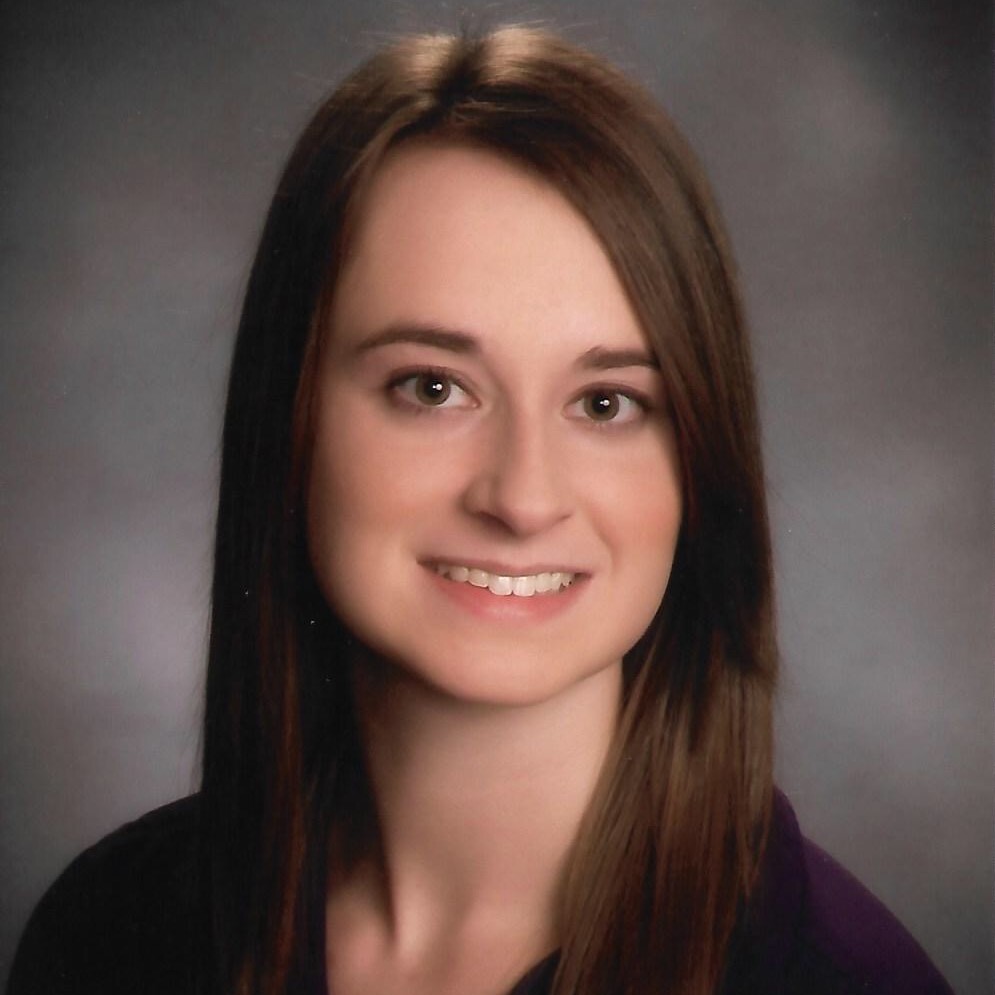
Speaker 1
Name
Dr. Laura Crowell
Position
Director of R&D, Sunflower Therapeutics
Biography: Laura Crowell is the Director of Research and Development at Sunflower Therapeutics PBC, a biotech startup focused on dramatically reducing the time and cost to develop and manufacture biologics for patients around the world. In her current role, Laura oversees ongoing efforts to develop the right-sized and efficient manufacturing approaches for protein-based therapeutics and vaccines using strain engineering, integrated process development, and automated multi-product facilities. Laura received her Ph.D. and M.S. in Chemical Engineering from MIT and her B.S. in Chemical and Biological Engineering from Tufts University. Her doctoral work accelerated process development for biologics on a small-scale, integrated, multi-product manufacturing platform. This involved the demonstration of an automated, small-scale biomanufacturing system for the rapid, end-to-end production of clinical quality biopharmaceuticals along with the development and optimization of processes for the integrated, straight-through purification of biologics. Laura has authored more than 10 scientific papers and patents.
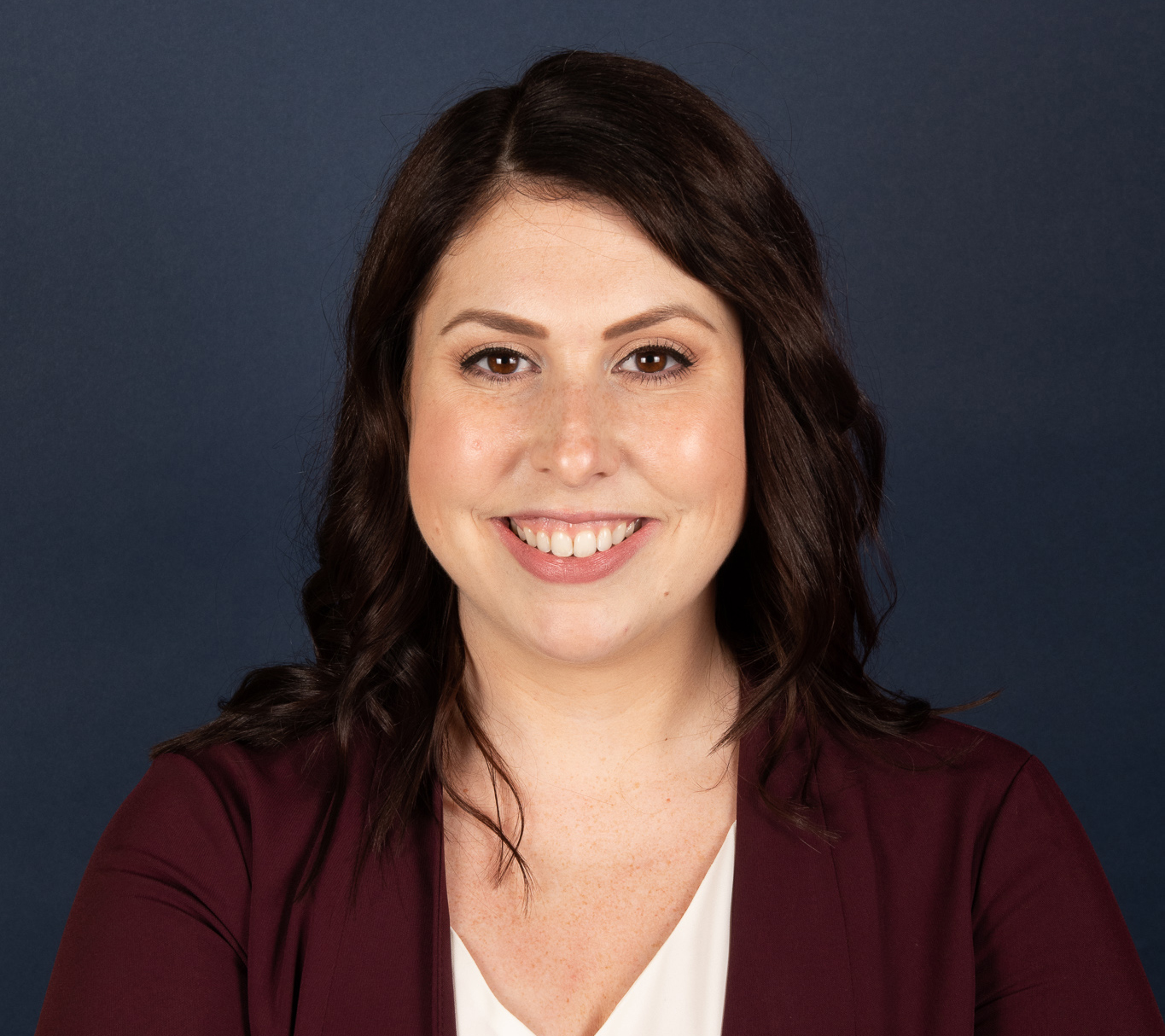
Speaker 2
Name
Ms. Alexandra Bonnyman
Position
Director of Engineering Operations, Sunflower Therapeutics
Biography: Ms. Bonnyman is an expert in yeast fermentation, scale-up, quality control, and manufacturing operations with over 10 years of experience. She received her bachelor’s degree in biology from Suffolk University and her Master of Science degree in Technology Development from Wentworth Institute of Technology. She previously trained in the Love Lab at MIT, where she served as the technical lead for the large-scale prototype manufacturing system created as part of the DARPA-funded Bio-MOD project to develop an automated, small-scale biomanufacturing platform for rapid, end-to-end production of high-quality biologics.
